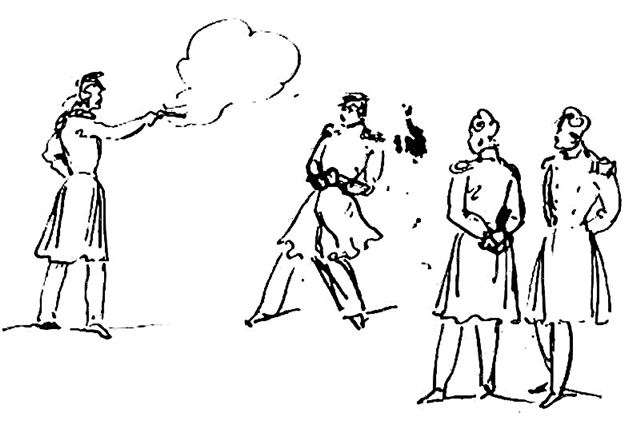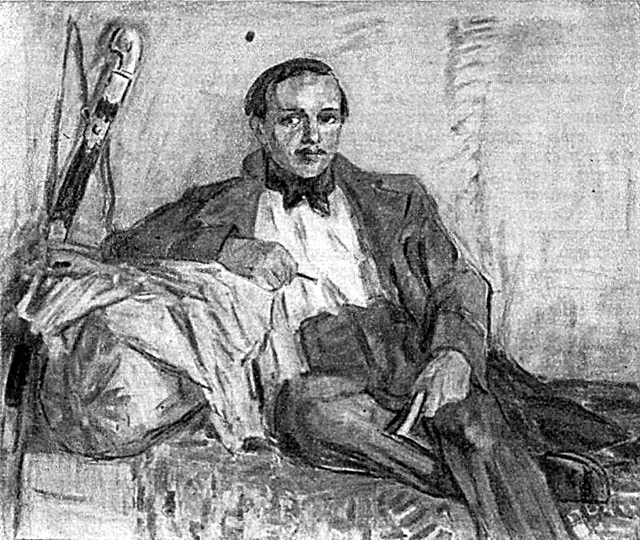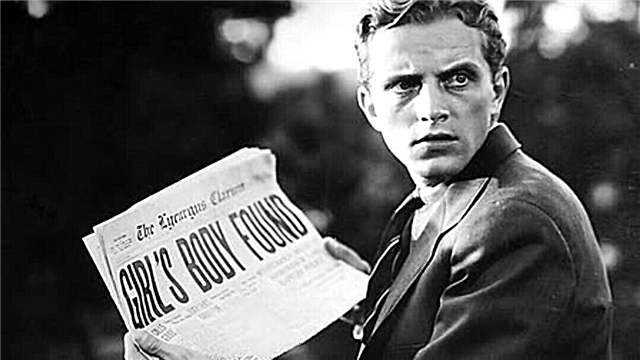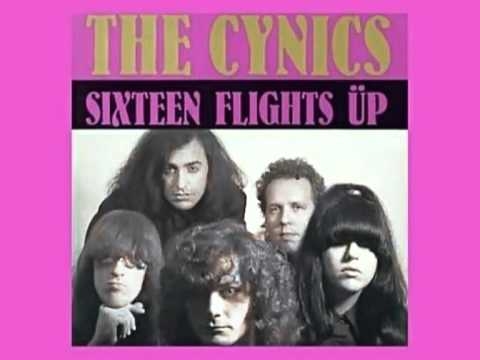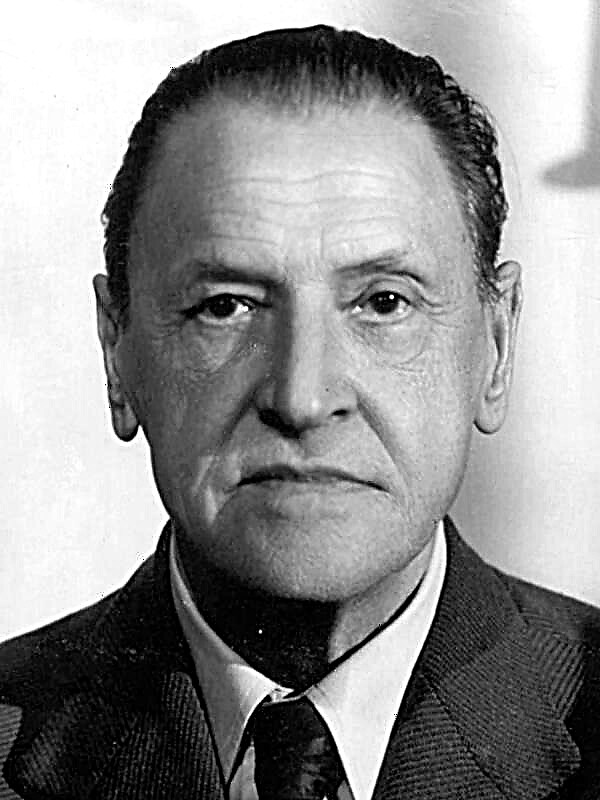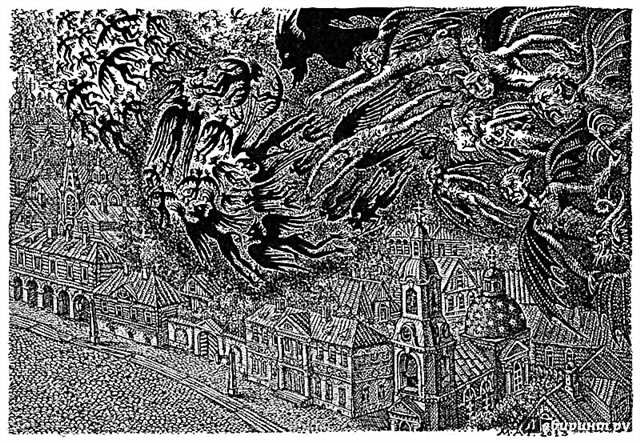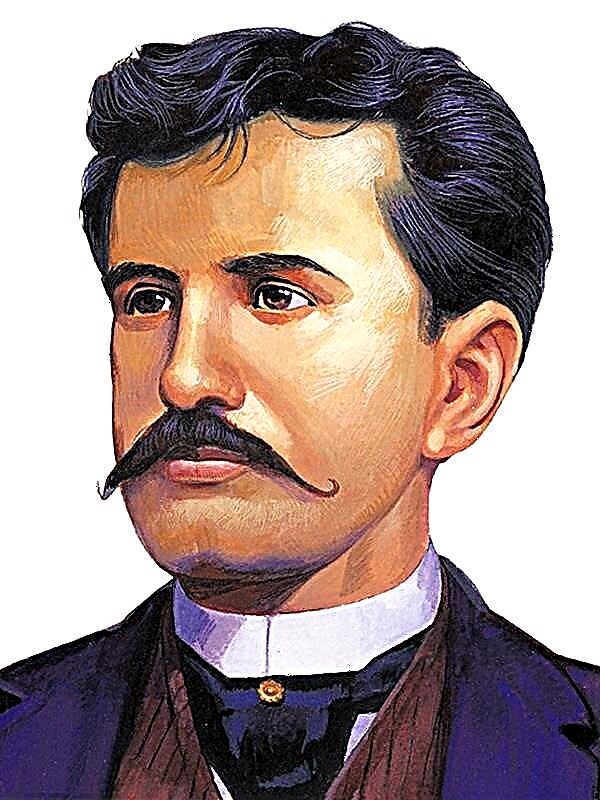(335 words) The work of Nikolai Vasilyevich Gogol is of great value to all Russian classical literature. The writer's works are largely attracted by their diverse characters, whose image is the personification of various negative social phenomena. Consider the image of a man in the image of Gogol using two works as an example: “The Overcoat” and “The Nose,” ”and derive the features characteristic for each.
So, in the story “The Overcoat,” Gogol grotesquely depicts the image of a “little miserable man” who fenced himself off from the world of people with an invincible wall. There may be many reasons for this, but perhaps the most rational is the low social position in which the hero is. The only joy in his existence was the overcoat, which disappeared as quickly as it appeared. It would seem that the inner world of the Gogolian character began to grow stronger, was ready to open up and declare himself, but such an almost tragic event broke the man, crushed his hopes. Bashmachkin is dying. The “Little Man” in this work reveals to the reader’s eyes the defenselessness and weakness of the Bashmachkins before the cruelty of a society where nobody cares about other people's problems. Such characters come into the world as suddenly as they leave, leaving no trace behind, only in the memory of some people they can flash a short flash that will never light up again.
Gogol’s novel “Nose” became no less famous, where the author unfolds a fantastic event - nose loss that occurred with college assessor Kovalev. The hero is desperately trying to find him and even turns to the police, but is refused. On one of the days of the search, a policeman comes to the assessor, returning his nose, but the body does not want to return to the place. Two weeks later, Kovalev wakes up and realizes that his nose is back in place. Gogol's intention was to portray a man living in the bustle of his own interests and deeds. Such a hero is "drowning" in everyday life, not seeing really significant things. Kovalev, being the personification of all bureaucracy, by his own example expresses indifference to those below the rank, to the common people. It is not for nothing that the writer secretly compares him to a missing organ, demonstrating remoteness from people.
Thus, Gogol’s man is a lonely, ordinary and helpless individual who has no place in a big city. Society is indifferent, and sometimes cruel to him, but this is part of his guilt - he himself is indifferent to everything in the world, except for his person.

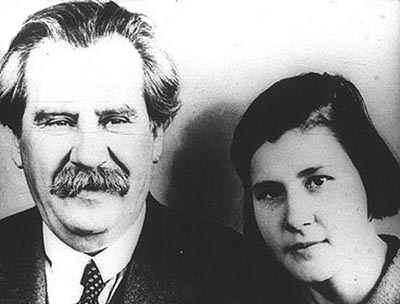

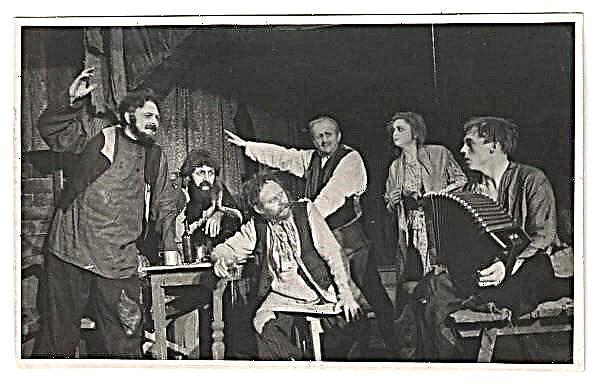
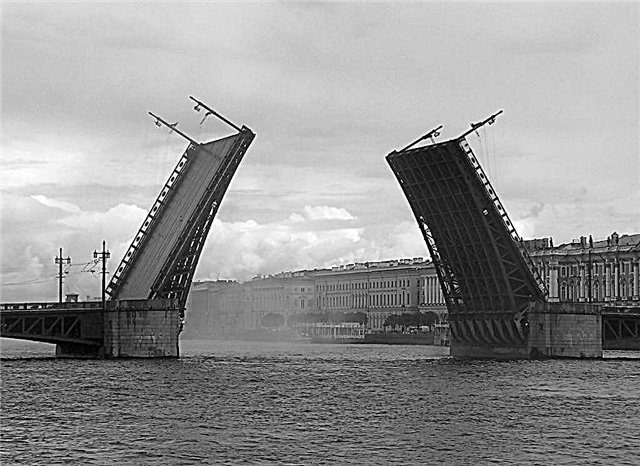
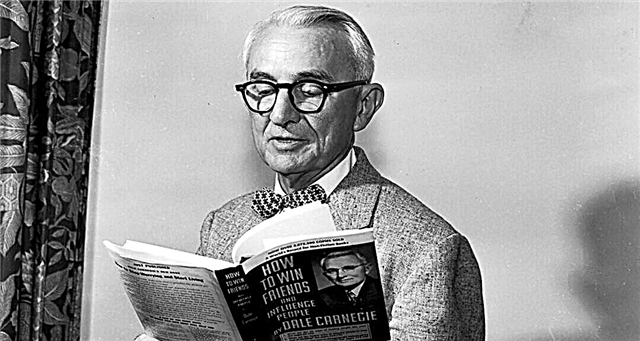 How to make friends
How to make friends